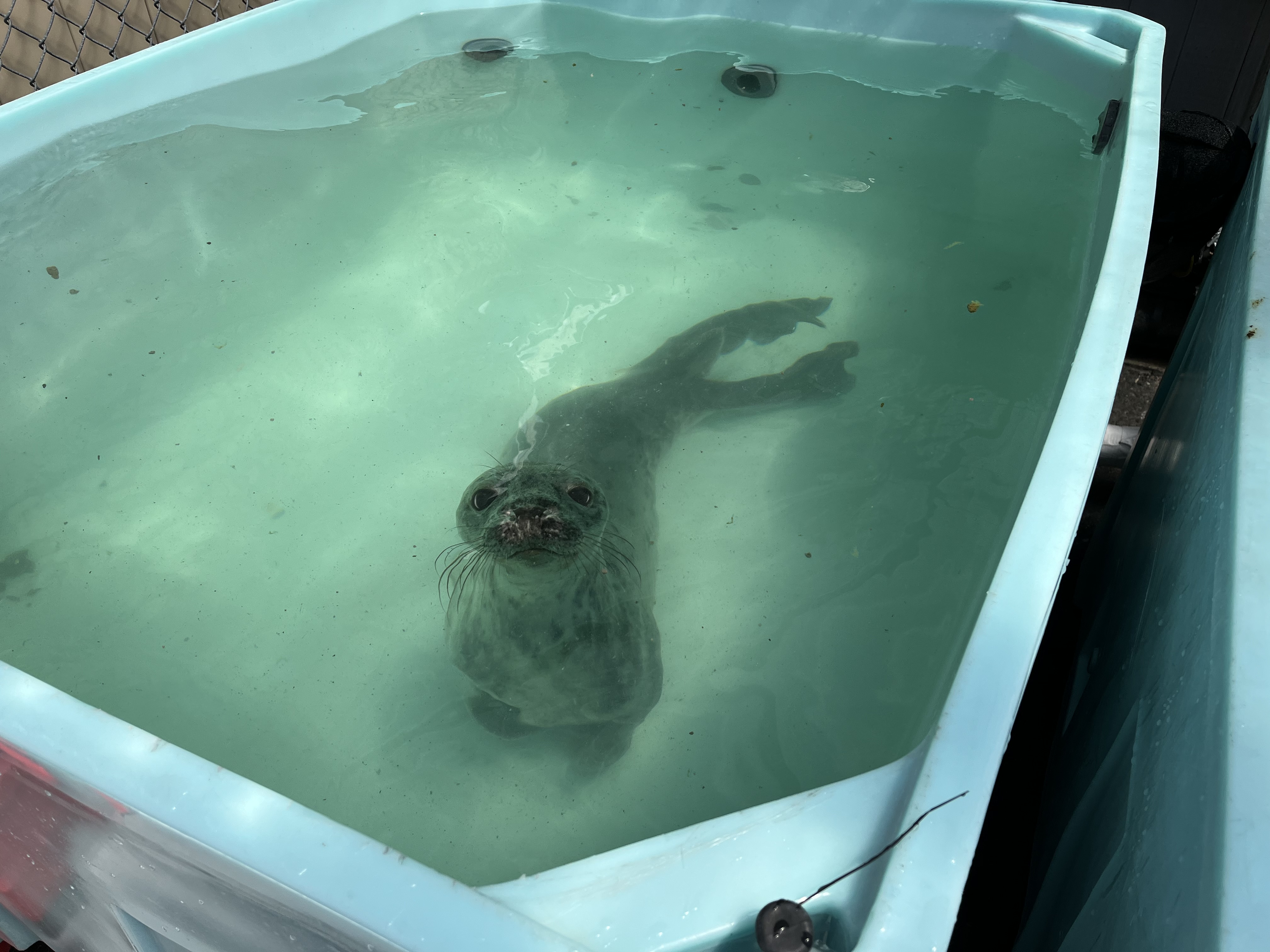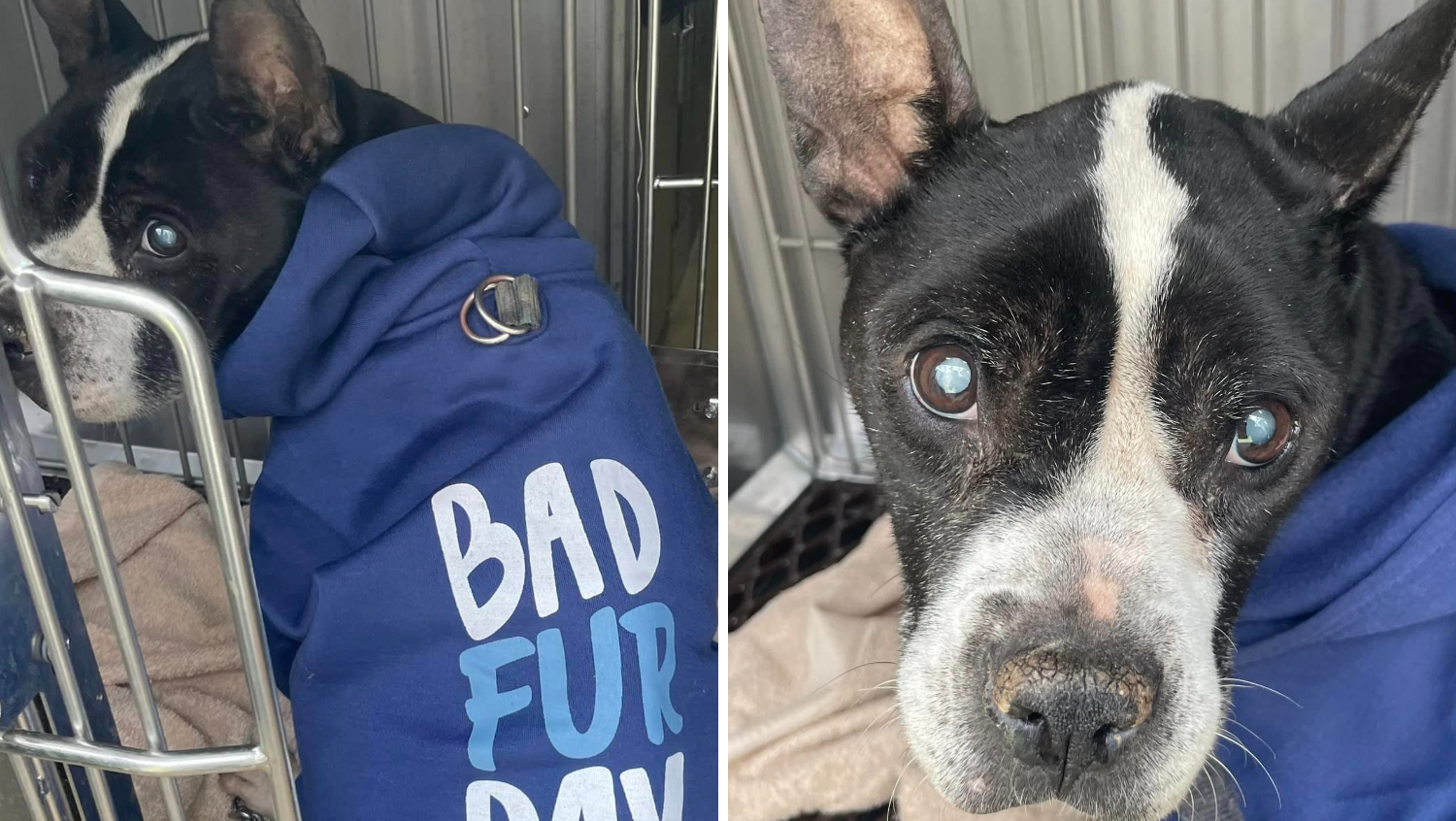Binge drinking is an age-old problem at colleges and universities across the country.
How to control it is the issue being studied at three Connecticut campuses, reports the Hartford Courant.
Researchers at Trinity College, Yale University and Central Connecticut State University are in the middle of a long-term study to explore the impact of binge drinking.
After three years of the five-year study, researchers from The Brain and Alcohol Research with College Students study presented their preliminary results at the annual Cognitive Neuroscience Society meeting in San Francisco.
So how did it work, and what did they find?
First, here's how the study is going down:
The study involved more than 2,000 students. The subjects were surveyed about their drinking habits in their first year, gave saliva samples to be used for genetic testing, performed tasks to test mental functions while connected to functional magnetic resonance imaging (MRI) and were then broken into groups of "social drinkers," "binge drinkers" and "abstainers."
During the study, the students all filled out monthly surveys about their drinking habits until junior year when they were brought in for a second round of testing.
So far, it seems that binge drinking hurts academics in the first year of college but not in subsequent years.
Social drinkers do better on memory tests than those who abstain, but binge drinkers do worse than both.
Female students are more likely to binge drink than males, though BARCS researchers said this might be more due to the fact that binge drinking is defined differently for men and women.
So far, the results indicate there needs to be more research. Scientists want to know why binge drinking seems to affect only first-year academics.
"Maybe they've built a tolerance to alcohol, or the students get better at juggling their academic lives with social life," Susan Raskin, associate professor of psychology and neuroscience at Trinity. said.
One of the big takeaways of the study might simply be the method of using genetic testing and brain imaging.
"That's probably the future, in terms of what can we predict with drinking behavior," said Gail Milgram, professor emerita at the Center of Alcohol Studies at Rutgers University, who isn't involved in the BARCS study. "We don't have a gene [for alcoholism] yet, but there's a lot of research that's looking at that."
No matter what the result, the goal of this study and others like it, is to find some way to stop alcohol abuse among college students, something that's long been unsuccessful.



